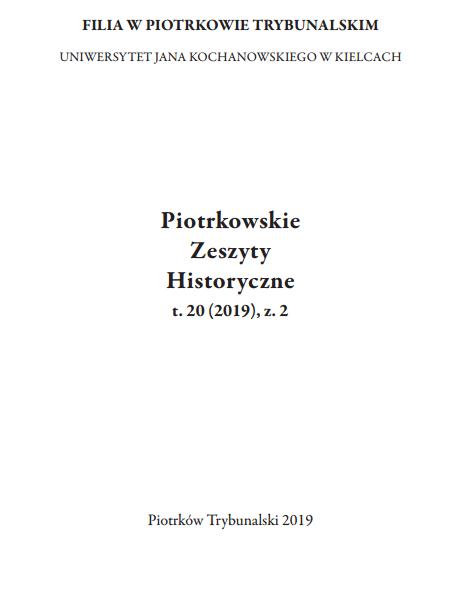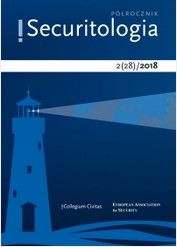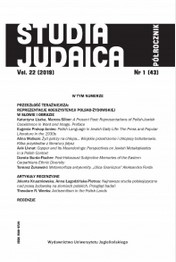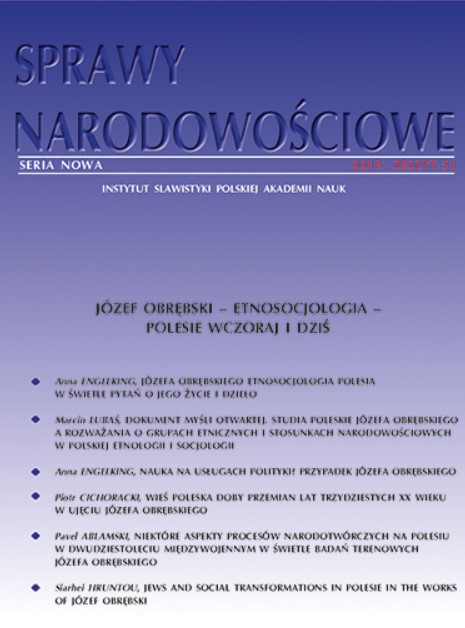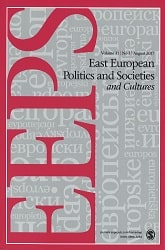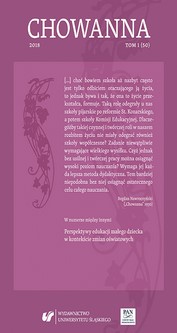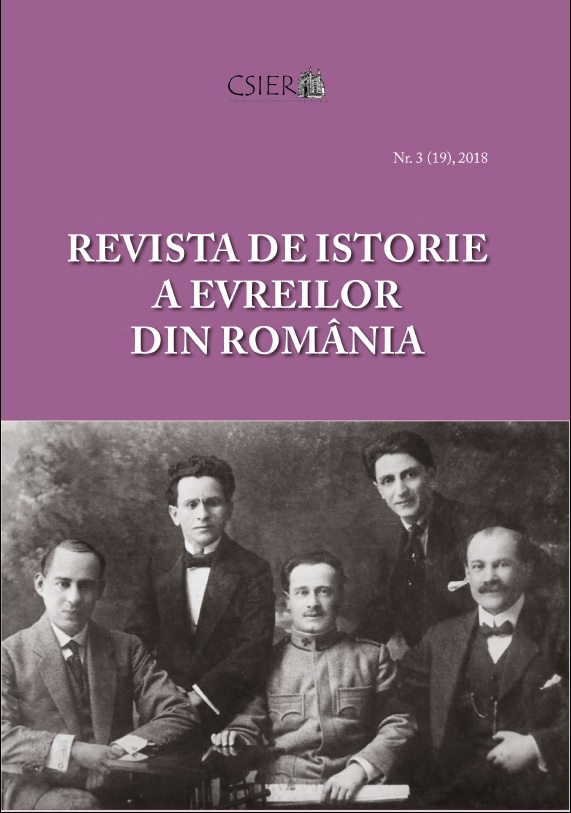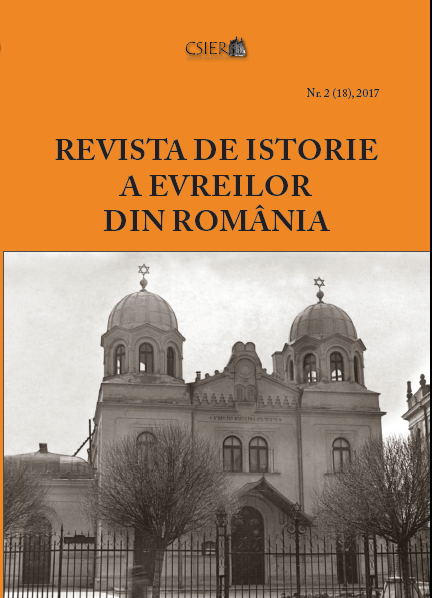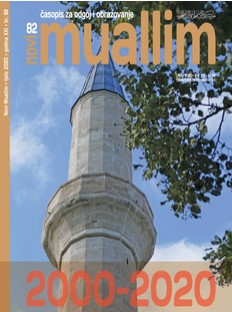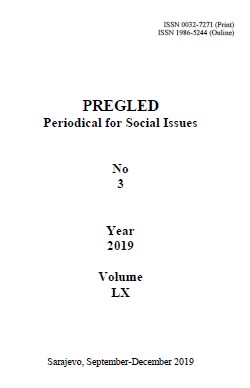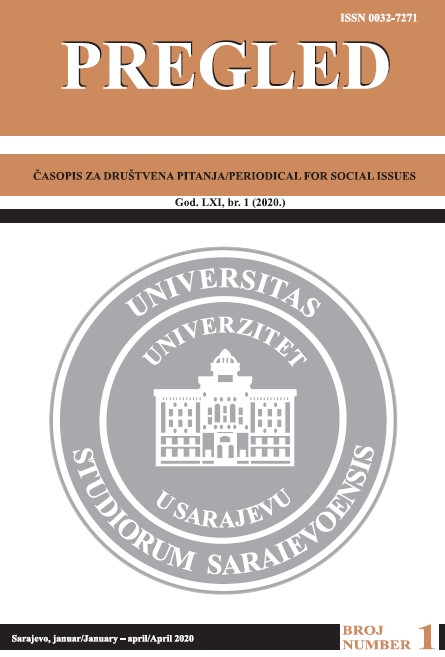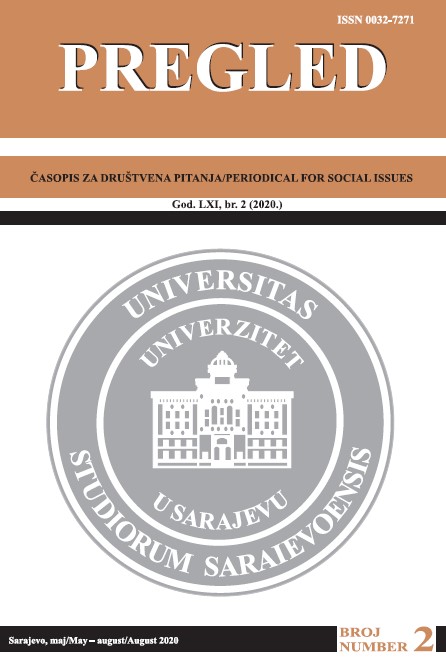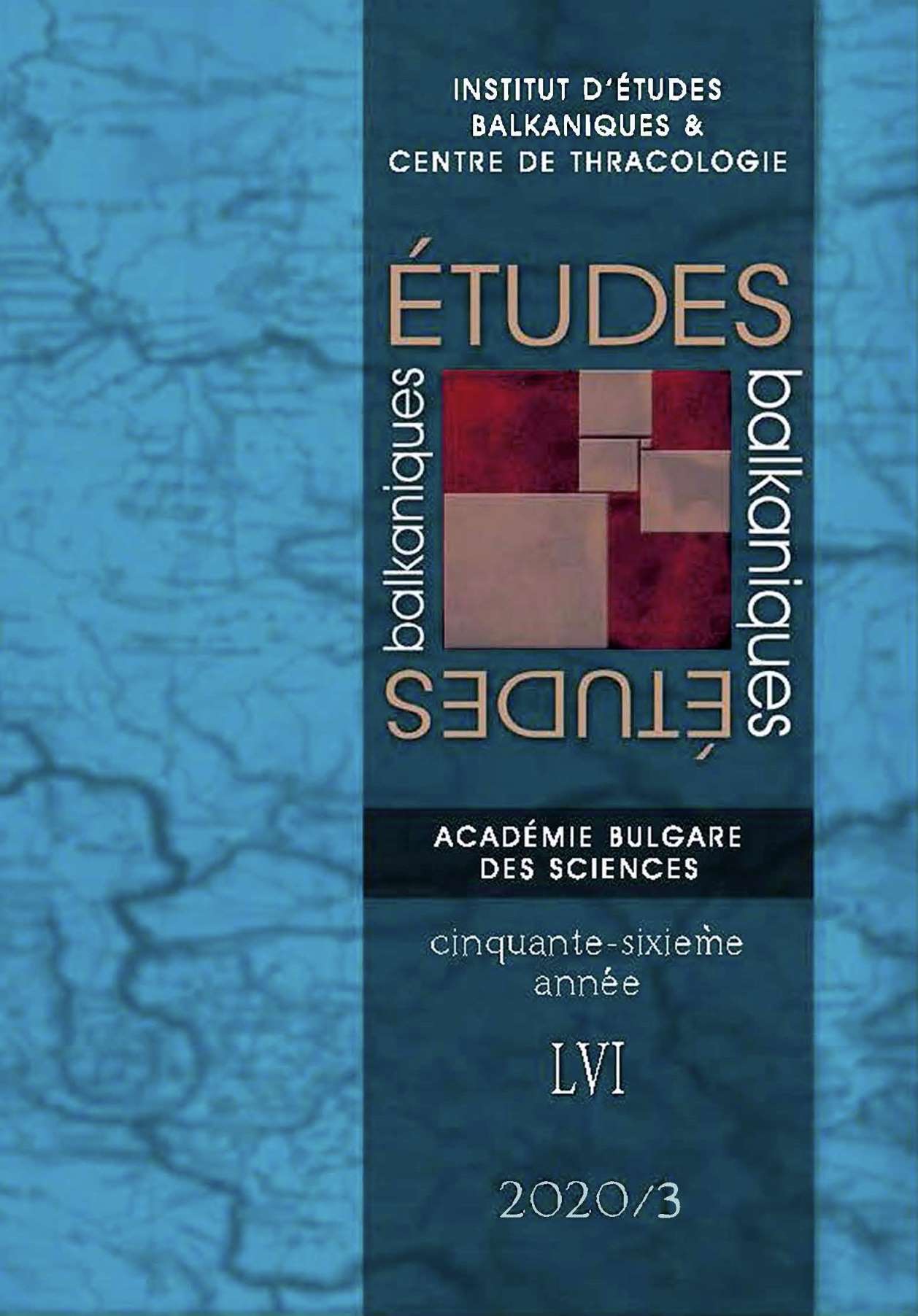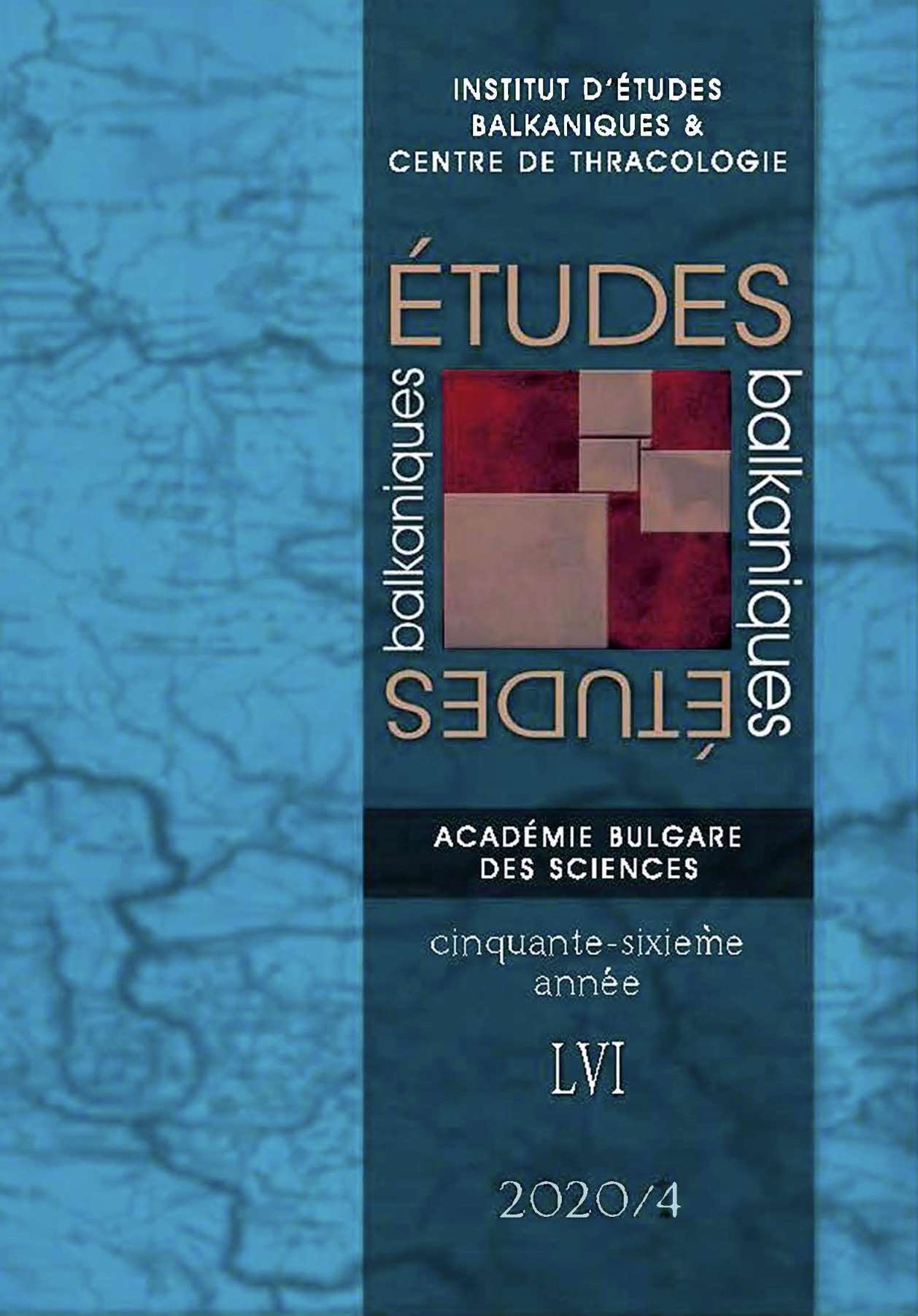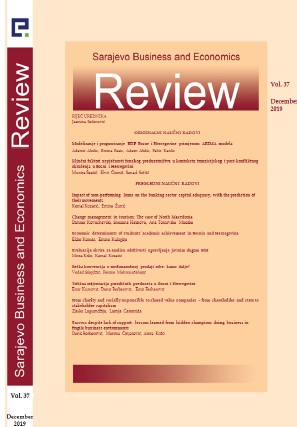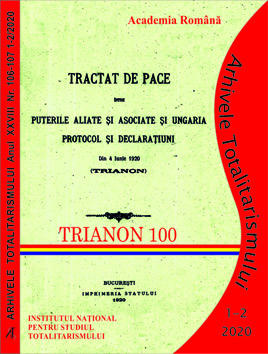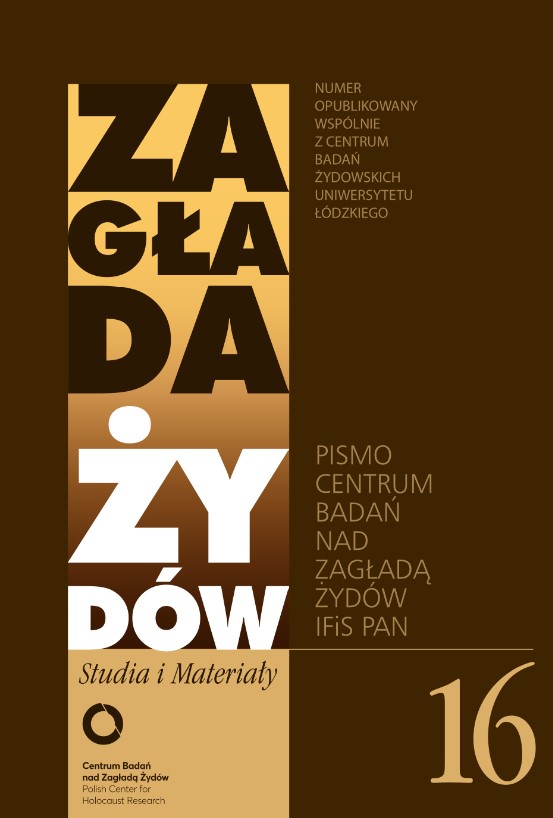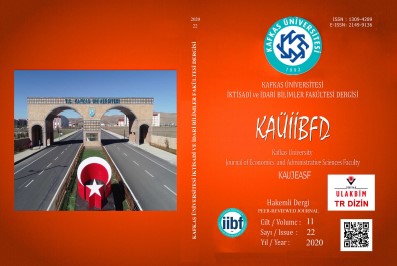
“The Wild Underground Extreme of Human Rights and Ecological Activities”: Czechoslovak, Czech and Slovenian Hardcore Punk Fanzine Cultures from the 1980s to the Present
This article compares Czechoslovak, Czech and Slovenian hardcore punk fanzine scenes from the 1980s up to the present, emphasising in particular their connections to the various anti-authoritarian movements with which they share the common idea of do-it-yourself (DIY). The comparison is embodied in the histories of above-mentioned scenes and in the context of their legacies. Fanzines are the author’s main sources mainly because cultural and political activities were connected on their pages. While Czech hardcore-punk fanzine culture has persisted until today, Slovenian fanzines in fact have disappeared hand-in-hand with advancing gentrification, despite the punk scenes being remarkably strong there during the period of socialism.
More...
